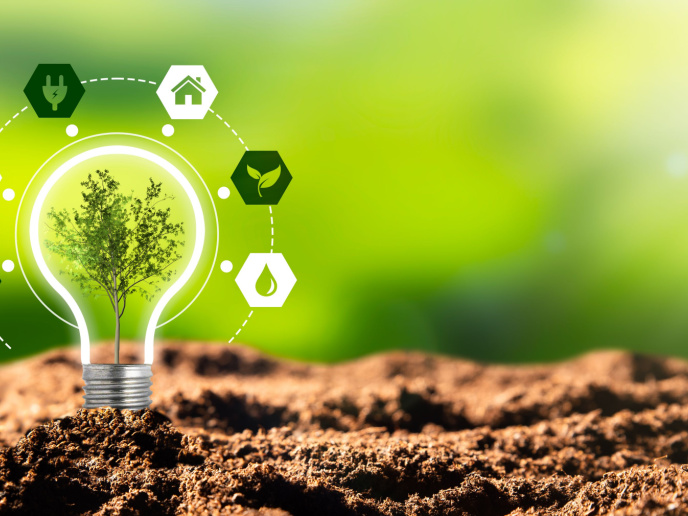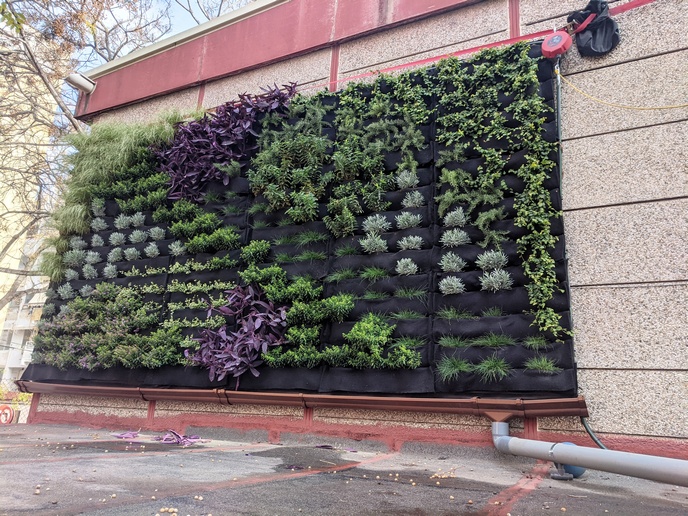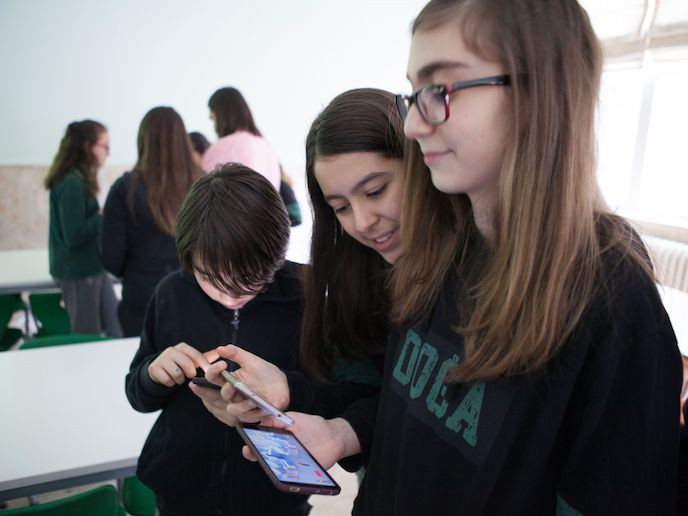Getting people on board the energy transition
The path to more climate-friendly energy systems that help mitigate climate change requires society to fully embrace the changes, not just policymakers or green tech innovators. This applies to the whole gamut from fair renewable energy production to saving energy via consumer behaviour choices to advocacy for greener energy policies. Wishful thinking will not get us to the European Green Deal(opens in new window) of cutting emissions to zero and becoming the first climate-neural continent by 2050. One way to get people to accept change is through social action. But how and to what extent is social innovation accelerating our transition to new energy methods? This is a key question the Social Innovation in Energy Transitions, SONNET project(opens in new window) asked in interviews of 6 000 citizens in Germany, France and the Netherlands to determine how locals perceive social innovations in energy (SIEs). Examples of social innovations were compiled into case studies and country reports. SONNET also created a typology to better understand the diversity of SIEs and “derive recommendations for social innovators, local governments and national and EU policymakers,” notes Adrienne Kotler, Officer, Events & Stakeholder Engagement, Communications & Member Relations at project partner ICLEI Europe(opens in new window). The EU-funded project also created two practical guides “to examine power dynamics in energy transitions, and to determine if the city lab method is suitable for fostering local innovation in different contexts.”
Economic incentives to change energy habits
SONNET City Labs, for example, tested a wide range of solutions, including a programme of renting out/lending energy-efficient appliances to low-income households in Antwerp, household meters to monitor energy use to generate personalised and customised energy efficiency recommendations in Warsaw, and a training programme for maintenance staff at schools to help them become ‘energy sufficiency’ advocates in Grenoble. A key conclusion of the SONNET project overall was that those interviewed are keen to invest in SIEs but legislators need to make the economic case. “Around 90 % of participants would invest in decentralised renewable electricity generation if conditions were right,” notes Kotler. The conditions cited were primarily financial. “Projects that provide financial insurance to citizens who invest in them, cover potential losses and have lower minimum investments are likely to get great buy-in. Ultimately though, SIEs must match local contexts and speak to many different people – all possible by tapping into the rich diversity of SIEs,” explains Kotler. SONNET also defined four priority areas and corresponding action points for future research and policy to harness the full potential of social innovation in transforming energy systems.
Raising awareness is key for sustainable energy
“For example, research should raise awareness of the potential of social innovation among mainstream energy and climate policy makers and researchers, sharpen the definition(s) of social innovation in energy to be easier to grasp for use by policy makers and improve evaluation processes to determine the impact of SIEs,” Kotler concludes. In sum, the goal of the EUR 3 million project was successfully reached in formulating what works and increasing awareness of social innovation among energy and climate policy makers, to improve metrics. Showcasing the diversity of SIEs, SONNET held EU, national and local conferences and workshops to disseminate its conclusions for a more sustainable, greener Europe.







